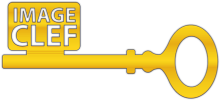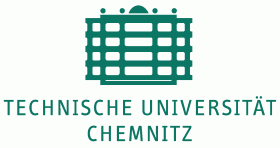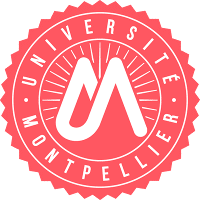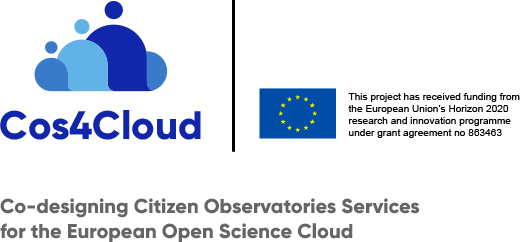- ImageCLEF 2024
- LifeCLEF 2024
- ImageCLEF 2023
- LifeCLEF 2023
- ImageCLEF 2022
- LifeCLEF2022
- ImageCLEF 2021
- LifeCLEF 2021
- ImageCLEF 2020
- LifeCLEF 2020
- ImageCLEF 2019
- LifeCLEF 2019
- ImageCLEF 2018
- LifeCLEF 2018
- ImageCLEF 2017
- LifeCLEF2017
- ImageCLEF 2016
- LifeCLEF 2016
- ImageCLEF 2015
- LifeCLEF 2015
- ImageCLEF 2014
- LifeCLEF 2014
- ImageCLEF 2013
- ImageCLEF 2012
- ImageCLEF 2011
- ImageCLEF 2010
- ImageCLEF 2009
- ImageCLEF 2008
- ImageCLEF 2007
- ImageCLEF 2006
- ImageCLEF 2005
- ImageCLEF 2004
- ImageCLEF 2003
- Publications
- Old resources
You are here
LifeCLEF 2020
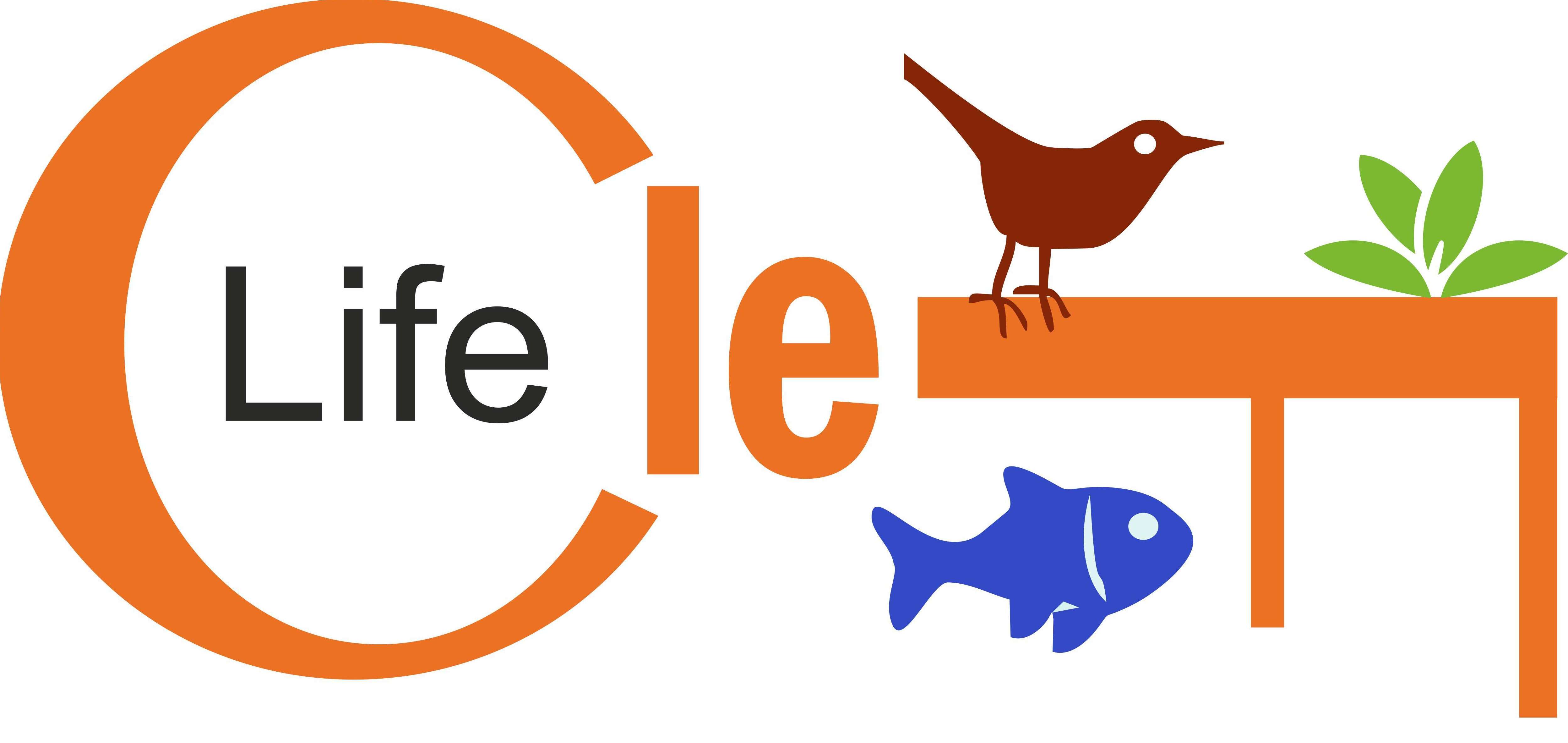
Results Publication
The overview paper summarizing the results of all LifeCLEF 2020 challenges is available: Springer version - author version (pdf)
Individual working notes of tasks organizers and participants can be found within CLEF 2019 CEUR-WS proceedings (in "LifeCLEF" section).
LifeCLEF 2020 Workshop - Friday, 25th Sept (in the context of CLEF conference)
For Eastern Time (New York, Boston): +6
For Malaysia Time (Kuala Lumpur): +6
15:00 - 16:30 LifeCLEF session 1 - chair: Alexis Joly
15:00 - 15:40 Invited talk 1 - Shyam Madhusudhana (CCB) & Yu Shiu (Cornell) [presentation]
15:40 - 16:00 PlantCLEF challenge overview - Hervé Goëau (CIRAD) [presentation][related working note]
16:00 - 16:15 Winner of PlantCLEF - Juan Villacis (CostaRica-TEC) [presentation]
16:15 - 16:30 Participant to PlantCLEF - Sophia Chulif (NEUON AI)
17:00 - 18:30 LifeCLEF session 2 - chair: Hervé Goëau
17:00 - 17:30 Invited talk 2 - Elijah Cole (Caltech)
17:30 - 17:45 BirdCLEF challenge overview - Stefan Kahl (Cornell & Chemnitz univ.) [presentation]
17:45 - 18:00 GeoLifeCLEF challenge overview - Benjamin Deneu (Inria, #DigitAG)
18:00 - 18:15 SnakeCLEF challenge overview - Andrew Durso (Univ. of Geneva)
18:15 - 18:30 Winner of SnakeCLEF - Gokula Krishnan (Eloop Mobility Solutions) [presentation]
Schedule
- Dec 2019: registration opens for all LifeCLEF challenges
- Jan-April 2020: training and test data release
- 14 June 2020: deadline for submission of runs by participants
- 17-26 June 2020: release of processed results by the task organizers
- 17 July 2020: deadline for submission of working note papers by participants [CEUR-WS proceedings]
- 14 August 2020: notification of acceptance of working note papers [CEUR-WS proceedings]
- 28 August 2020: camera ready working note papers by participants and organizers
- 22-25 Sept 2020: CLEF 2020 Thessaloniki, Greece
LifeCLEF 2020 brief overview
A brief overview (slides) was presented at ECIR 2020 conference.
Motivation
Building accurate knowledge of the identity, the geographic distribution and the evolution of species is essential for a sustainable development of humanity, as well as for biodiversity conservation. However, the burden of the routine identification of plants and animals in the field is strongly penalizing the aggregation of new data and knowledge. Identifying and naming living plants or animals is actually almost impossible for the general public and often a difficult task for professionals and naturalists. Bridging this gap is a key challenge towards enabling effective biodiversity monitoring systems. The LifeCLEF evaluation campaign aims at boosting and evaluating the advances in this domain since 2011. In particular, the 2020 edition proposes four data-oriented challenges related to the identification and prediction of biodiversity: (i) BirdCLEF 2020: bird species recognition in audio soundscapes, (ii) GeoLifeCLEF 2020: location-based prediction of species based on environmental and occurrence data, (iii) PlantCLEF 2020: a cross-domain image classification task aimed at identifying plants in pictures based on a training set of herbarium sheets, (iv) SnakeCLEF 2020: an image-based snake identification.
Reward
The winner of each of the four LifeCLEF 2020 challenges will be offered a cloud credit grants of 5k USD as part of Microsoft's AI for earth program.

Registration and data access
- Each participant has to register on AIcrowd (https://www.aicrowd.com/) with username, email and password. A representative team name should be used
as username. -
In order to be compliant with the CLEF requirements, participants also have to fill in the following additional fields on their profile:
- First name
- Last name
- Affiliation
- Address
- City
- Country
-
This information will not be publicly visible and will be exclusively used to contact you and to send the registration data to CLEF, which is the main organizer of all CLEF labs. Once set up, participants will have access to the dataset tab on the challenge's page. A LifeCLEF participant will be considered as registered for a task as soon as he/she has downloaded a file of the task's dataset via the dataset tab of the challenge.
CLEF Conference and working notes
 |
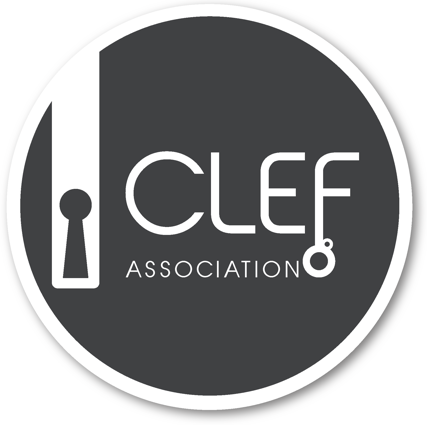 |
LifeCLEF lab is part of the Conference and Labs of the Evaluation Forum (CLEF). CLEF consists of independent peer-reviewed workshops on a broad range of challenges in the fields of multilingual and multimodal information access evaluation, and a set of benchmarking activities carried in various labs designed to test different aspects of mono and cross-language Information retrieval systems. More details can be found on the CLEF 2020 website.
Submitting a working note with the full description of the methods used in each run is mandatory. Any run that could not be reproduced thanks to its description in the working notes might be removed from the official publication of the results. Working notes are published within CEUR-WS proceedings, resulting in an assignment of an individual DOI (URN) and an indexing by many bibliography systems including DBLP. According to the CEUR-WS policies, a light review of the working notes will be conducted by LifeCLEF organizing committee to ensure quality. As an illustration, LifeCLEF 2019 working notes (task overviews and participant working notes) can be found within CLEF 2020 CEUR-WS proceedings.
Organizing Team
Coordination
- Alexis Joly, INRIA / University of Montpellier, LIRMM, ZENITH team, France,, France, alexis.joly(replace-by-an-arrobe)inria.fr
- Henning Müller, University of Applied Sciences Western Switzerland in Sierre, Switzerland, henning.mueller(replace-by-an-arrobe)hevs.ch
BirdCLEF
- Stefan Kahl, Chemnitz University of Technology, Germany, stefan.kahl(replace-by-an-arrobe)informatik.tu-chemnitz.de>
- Willem-Pier Vellinga, Xeno-Canto foundation for nature sounds, The Netherlands, wp(replace-by-an-arrobe)xeno-canto.org
- Hervé Glotin, University of Toulon, France, glotin(replace-by-an-arrobe)univ-tln.fr
- Hervé Goëau, Cirad - AMAP, Montpellier, France.
- Fabian-Robert Stöter, INRIA Sophia-Antipolis - ZENITH team, LIRMM, University of Montpellier, France
GeoLifeCLEF
- Benjamin Deneu, INRIA / University of Montpellier, LIRMM, ZENITH team, France, benjamin.deneu(replace-by-an-arrobe)inria.fr
- Christophe Botella, Université de Grenoble Rhônes Alpes, France, christophe.botella(replace-by-an-arrobe)gmail.com
- Elijah Cole, Caltech, Computing and Mathematical Sciences, US, ecole(replace-by-an-arrobe)caltech.edu
- Titouan Lorieul, University of Montpellier, Inria, LIRMM, titouan.lorieul(replace-by-an-arrobe)inria.fr
- Maximilien Servajean, LIRMM – UMPV, Montpellier, France, Maximilien.Servajean(replace-by-an-arrobe)lirmm.fr
PlantCLEF
- Hervé Goëau, Cirad - AMAP, Montpellier, France.
- Pierre Bonnet, Cirad – AMAP, Montpellier, France, pierre.bonnet(replace-by-an-arrobe)cirad.fr
SnakeCLEF
- Rafael Ruiz De Castaneda, University of Geneva, Switzerland, Rafael.RuizDeCastaneda(replace-by-an-arrobe)unige.ch
- Andrew Dorso, University of Geneva, Switzerland.
- Lukas Picek, Dept. of Cybernetics, FAV, University of West Bohemia, Czechia, lukaspicek(replace-by-an-arrobe)gmail.com
Infrastructure support
- Ivan Eggel, University of Applied Sciences Western Switzerland, Sierre, Switzerland, ivan.eggel(replace-by-an-arrobe)hevs.ch
- Julien Champ, INRIA Sophia-Antipolis - ZENITH team, LIRMM, University of Montpellier, France, julien.champ(replace-by-an-arrobe)inria.fr
Credits
| Attachment | Size |
|---|---|
| 189.18 KB | |
| 4.71 MB | |
| 1.29 MB |
